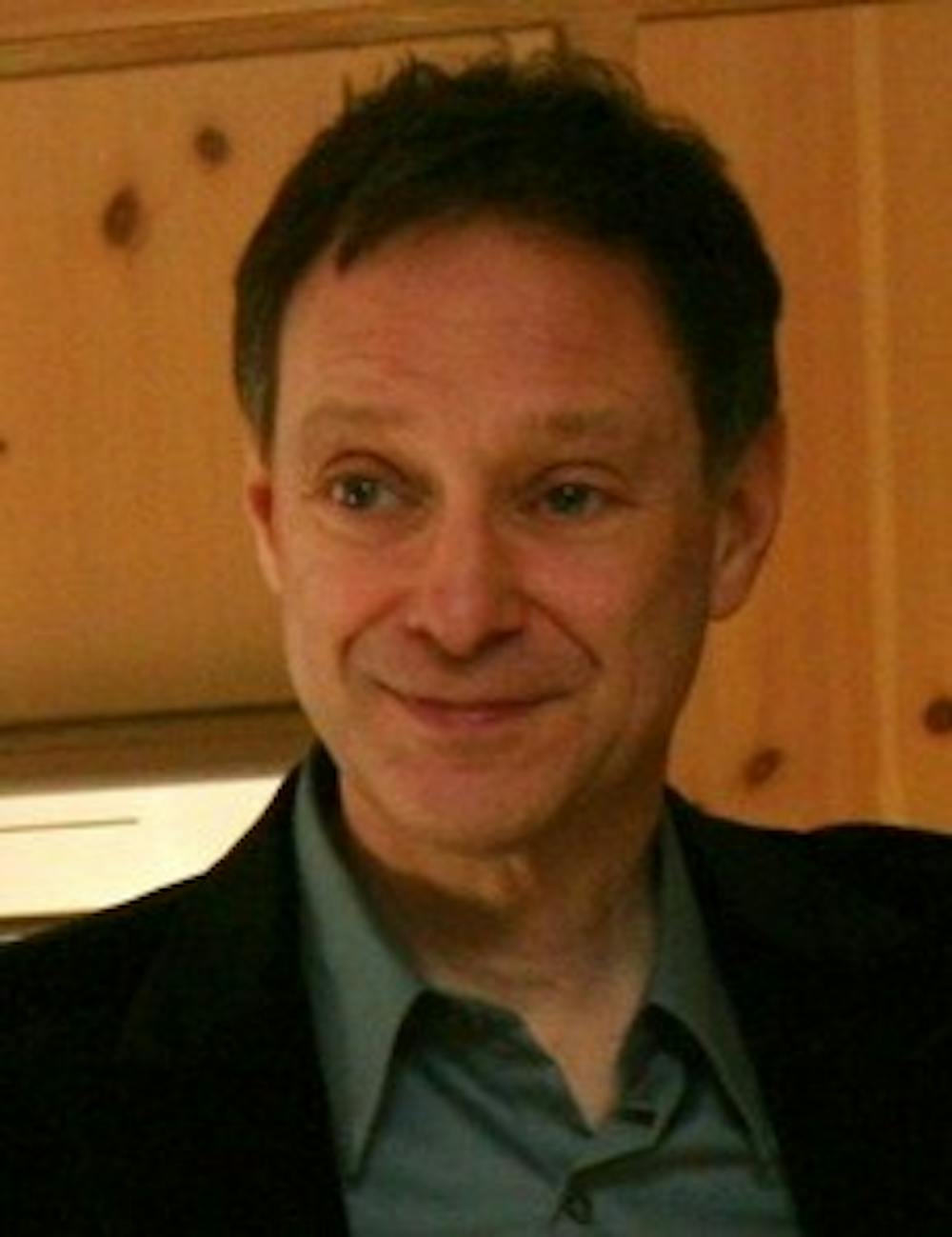More than 650 anthropologists — including University Anthropology Prof. Richard Handler — are responding to a call by many Palestinian civil society organizations to boycott academic institutions affiliated with Israel.
Handler, the director of the Global Development Studies Program, declined to comment on his signing of the International Anthropologist Boycott of Israeli Academic Institutions — a petition which calls for a boycott of all events, conferences, journals and projects which Israeli academic institutions are involved in until the petitioners' terms are met.
The Palestinian organizations calling for the boycott argue Israel is infringing upon Palestinian rights through its military occupation of the Gaza Strip, West Bank and East Jerusalem.
“As employees in institutions of higher learning, we have a particular responsibility to oppose Israel’s widespread and systematic violations of the right to higher education of Palestinians,” the statement reads.
The cited “systematic violations” of Palestinian education include Israeli raidings of many universities such as the Al Quds University in Jerusalem, the aerial bombardment of the Islamic University at Gaza and various other measures by the Israeli military disrupting Palestinian opportunities for higher level education, according to the petition.
Assoc. Anthropology Prof. Daniel Lefkowitz, a faculty member of the Jewish Studies Program, said he recognized the Israeli military’s infringement of Palestinian rights, but he said he does not agree with the academic boycott as an effective means to effect political change.
“I share the opinion of many Israeli academics and scholars who have objected to the academic boycott as something that is a little bit wrongheaded in the sense that it is a boycott that is levied at a people that are by and large supportive of the positions that the petition espouses,” Lefkowitz said.
Lefkowitz said many Israeli scholars agree the Israeli government has, to some extent, overstepped its bounds.
“The Israeli government has been very conservative for a very long time, doing things that are very counterproductive in terms of movement towards a peaceful and just resolution of the conflict over land,” he said.
The petition enumerates what it calls the “intimate connections” between Israeli academic institutions and the “military, security, and political establishments in Israel” which the signatories say are perpetrating these violations of human rights.
“Tel Aviv University is directly implicated, through its Institute for National Security Studies (INSS), in developing the Dahiya Doctrine, adopted by the Israeli military in its assaults on Lebanon in 2006 and on Gaza this summer,” the petition reads.
Lefkowitz said if an academic ban were to garner enough significant support in the field of science and technology it might be able to bring about governmental and militaristic change.
“[Israel] has huge investments from international sources and huge collaborative projects with American universities,” he said. “If science organizations began to join the boycott, it might well have effect on government policy.”
The petition claims an academic ban is the “only non-violent form of pressure that could persuade Israelis to call for — and act for — meaningful change that could lead to a just peace.” It cites past failure of international anthropologists to address the issue through “interaction, cooperation and collaboration with Israeli institutions.”
Lefkowitz maintained that boycotting academic institutions is a “slippery slope.”
“As an academic it’s quite problematic in that it’s kind of a dangerous precedent,” he said. “It seems to fly in the face of academic freedom ... freedom of speech and freedom of research and investigation and the collaborative pursuit of knowledge.”







